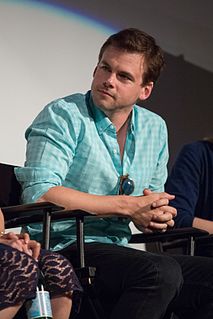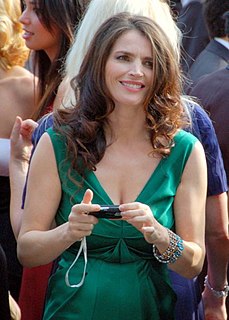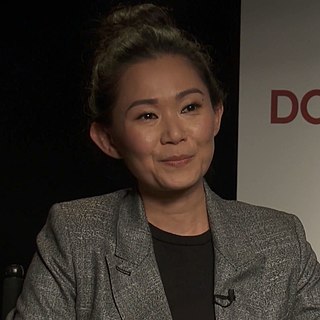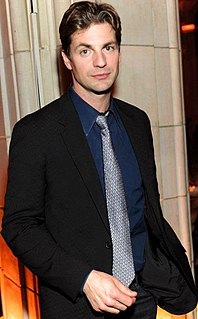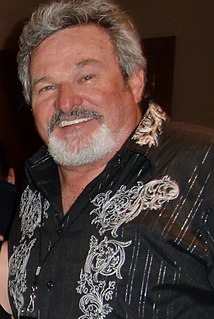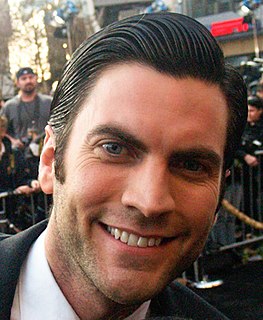A Quote by Fred Willard
Christopher Guest, he'll call and say, 'We're doing this movie, and I'd like you to play _' and he gives you the character, then I always like to enlarge on the character.
Related Quotes
This is a corny actor thing to say, but the first step is that you can't judge the character that you're playing. If it's built in three-dimensional fashion, you'll just play a character who's going out and seeking the best version of their life that they can find. That gives the character an accessibility that everyone can identify with.
I don't care if you hate me or if you like me, as long as somebody gives me a character that is really a character to play. It's fun to be able to have a character and have a director that can direct you into a character. I'm just so happy that I got a good role. I don't care if it's bad or if it's good, and I don't care if it's drama or comedy. They are just so rare to come across.
I try to discover the character's primary motivation. In a screenplay, you can make up a hundred different variables of a character. Is he there for love or respect, or is he there out of fear? What's he doing? Why is he doing it? Then I can build on the intricacies. Does he pick his fingernails? Does he always do this when he's lying? All the little things that come with it. But it's also like, if you're doing a caricature and you're like, "I want to do a blue-collar guy from Jersey," you have to go and do the research on the region, the who, what and why.
Whatever character you play, whatever film it is, whatever story it is, for me, in my training it's always something that gives you a layered character, it's understanding the secret of that character, and so whatever comes up as "Oh, I thought that person was that," you are always carrying that within you. So actually what you're playing all the way through is both and it's just what comes out in the scene or the circumstance.
The first thing that happens is the cleansing of the former character. I don't think a lot of actors talk about it, but there is usually a process where you essentially purge yourself of the character played prior to the movie. Then you want to think about what the character represents, and you write down all of the elements about this character and then take the time to find some synchronicity and start breathing the character.
Brian is an archetypal character, a bit like Don Juan, which is how I play him. He's a blast to play. He believes unapologetically in his freedom. He holds nothing back. Something I'm learning is, you can't hate the character you play. If I think my character is an asshole, that's all that will come across. He is drawn in an extreme way, but that doesn't mean he's not a person.
I'm not a big fan of violent movies, it's not something I like to watch. And it's not my aim or goal to make a violent movie. My characters are very important, so when I'm trying to depict a certain character in my movie, if my character is violent, it will be expressed that way in the film. You cannot really deny what a character is about. To repeat, my movie end up becoming violent, but I don't start with the intent of making violent movies.
American Graffiti was the first movie where the director let me have any input. It was the first time anyone ever listened to me. George thought my character should have a crew cut, but I wasn't happy with that idea. I'd always had pretty long hair back then - in college, particularly - so I told George my character should wear a cowboy hat. George thought about it and he remembered a bunch of guys from Modesto, California, who cruised around, like my character, and wore cowboy hats, so it turned out that it actually fit the movie.
If everyone's happy, then I'm the character where when I enter that means there's trouble. In a movie, when I enter, it's not a good thing. But I know where I'm at. But, you know, you don't have to call me by my character's name for months on end. Football taught me that, because you can go from being best friends to having to play that person on another team, you have to be able to turn that on and off. You need to find that middle ground.


